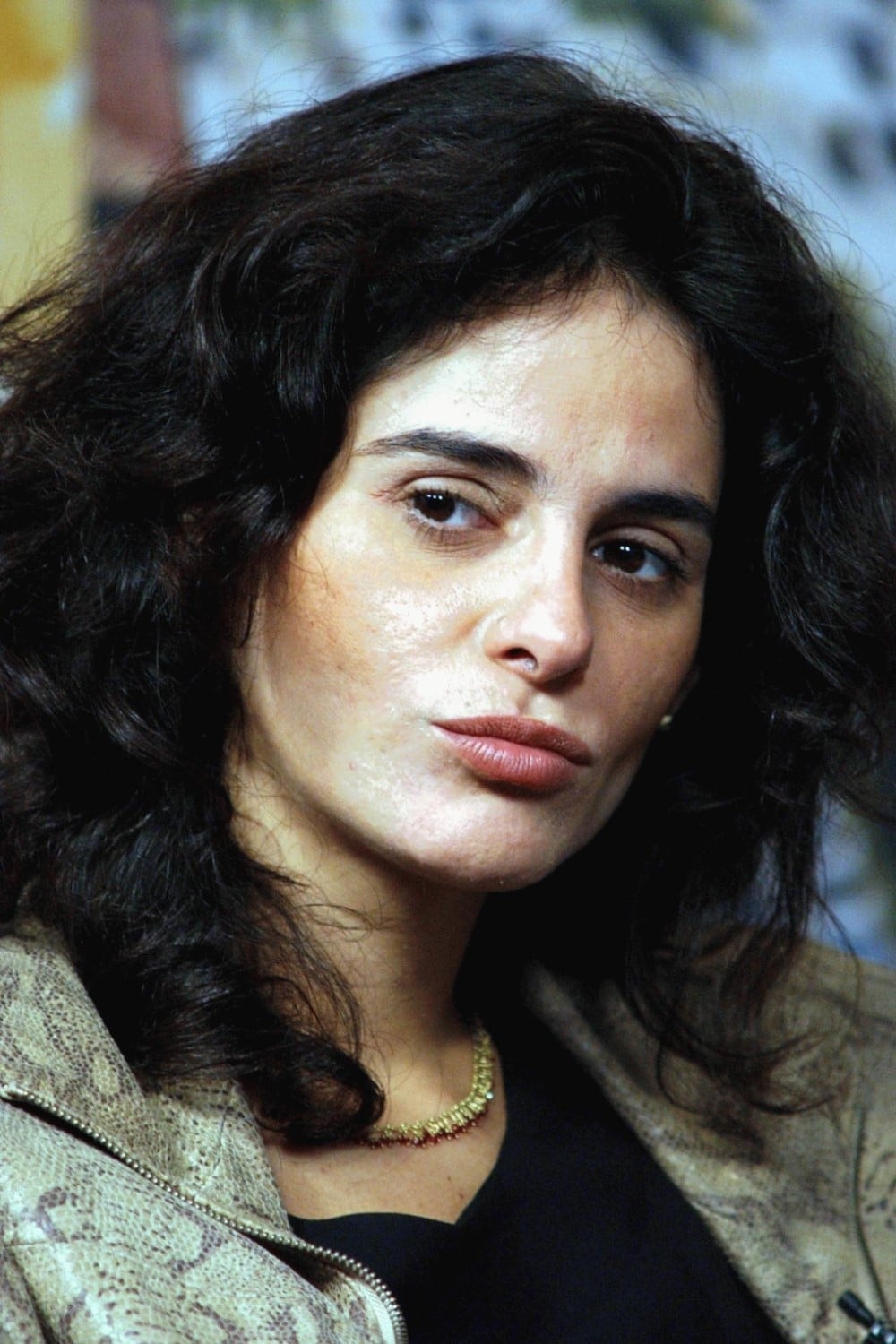

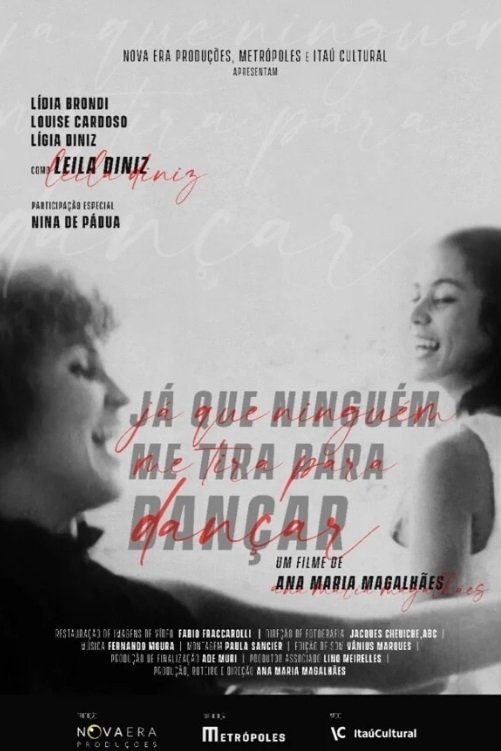
Conducted from interviews with personalities who lived with Leila Diniz...

In six decades, Teatro Oficina has done more than revolutionize...
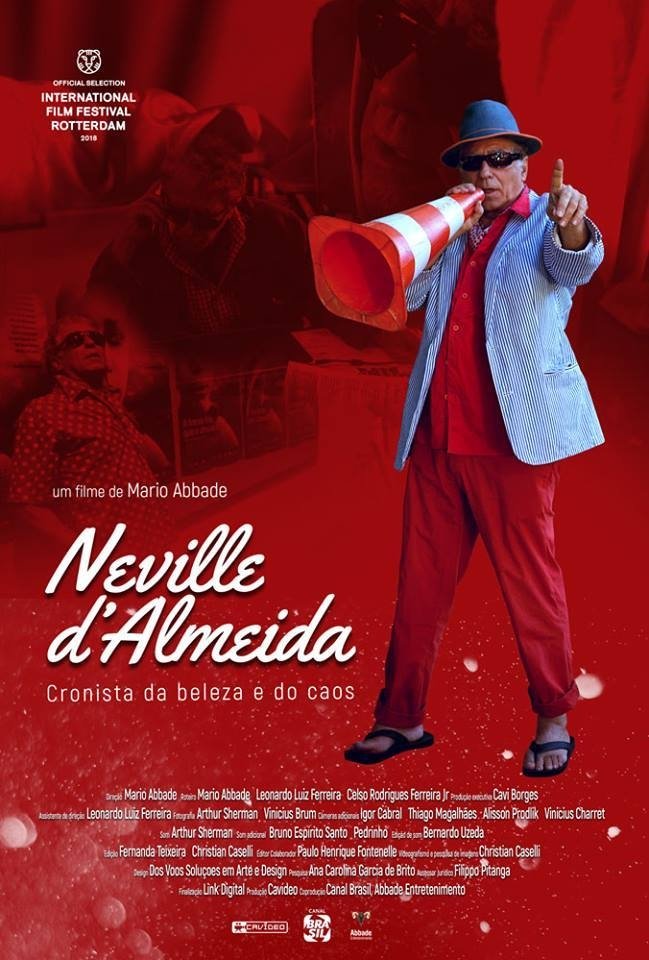
This film seeks to rescue the role of filmmaker Neville...
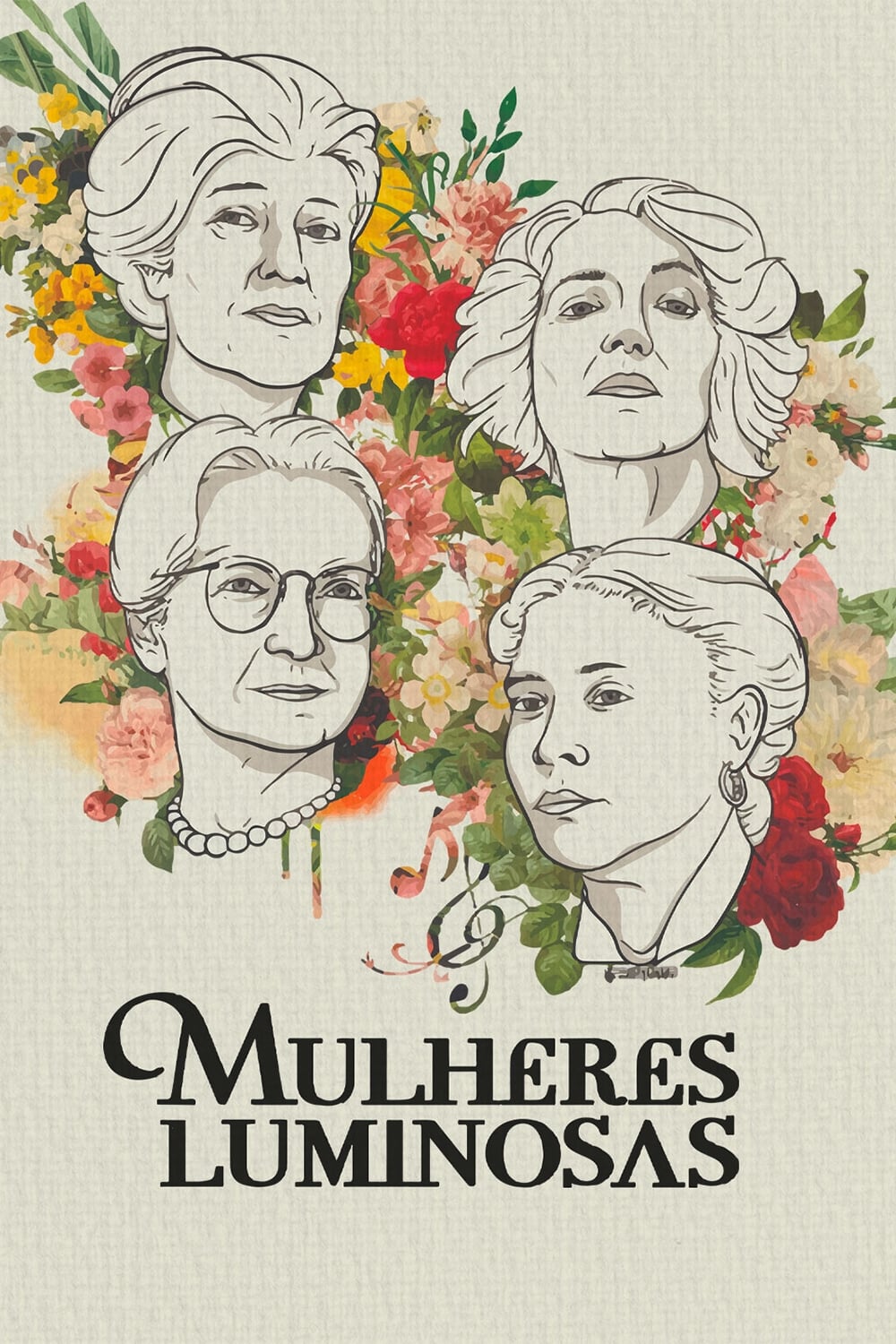
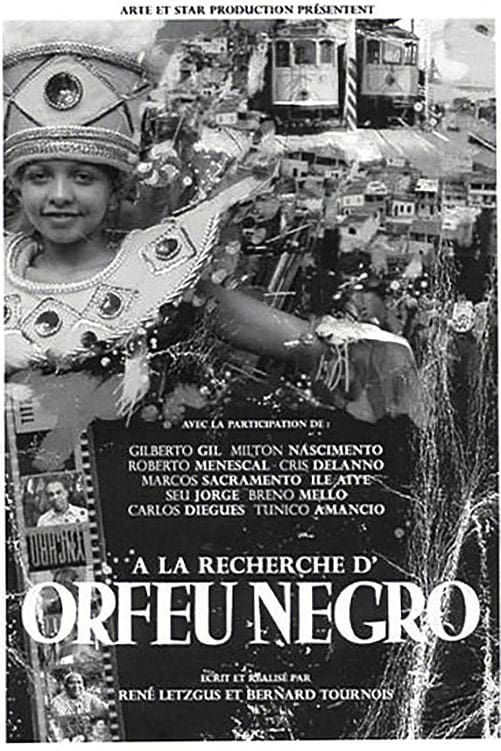
Documentary about Marcel Camus' 1959 film Black Orpheus, its cultural...
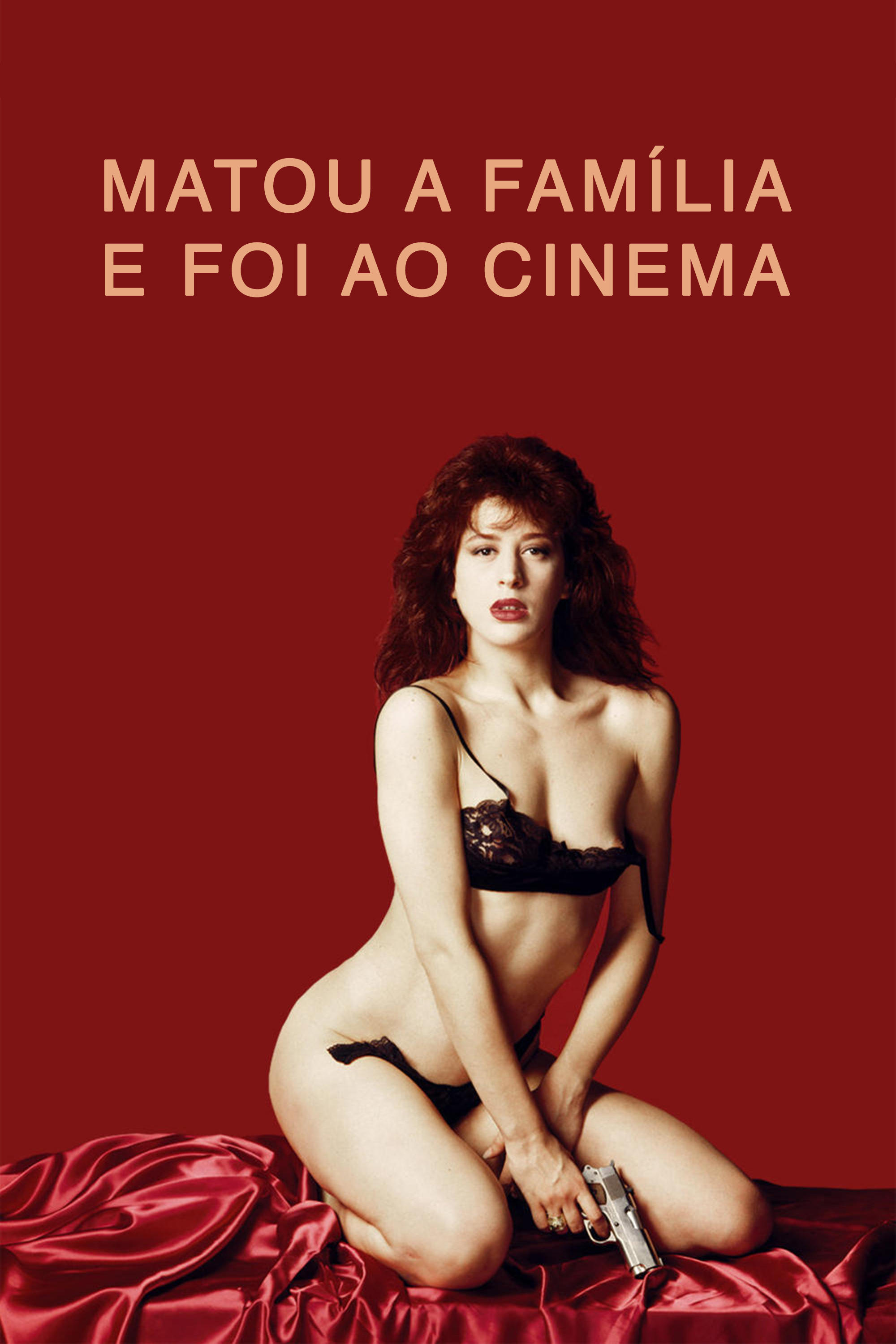
In Rio de Janeiro, after an altercation with his father...